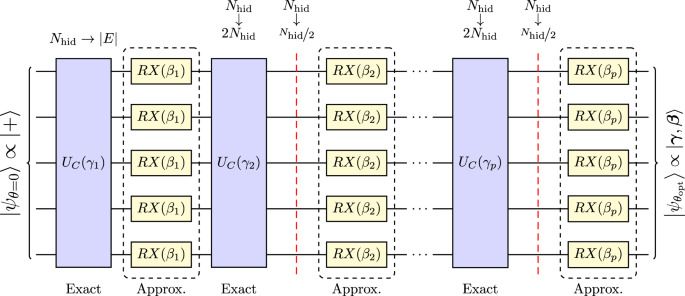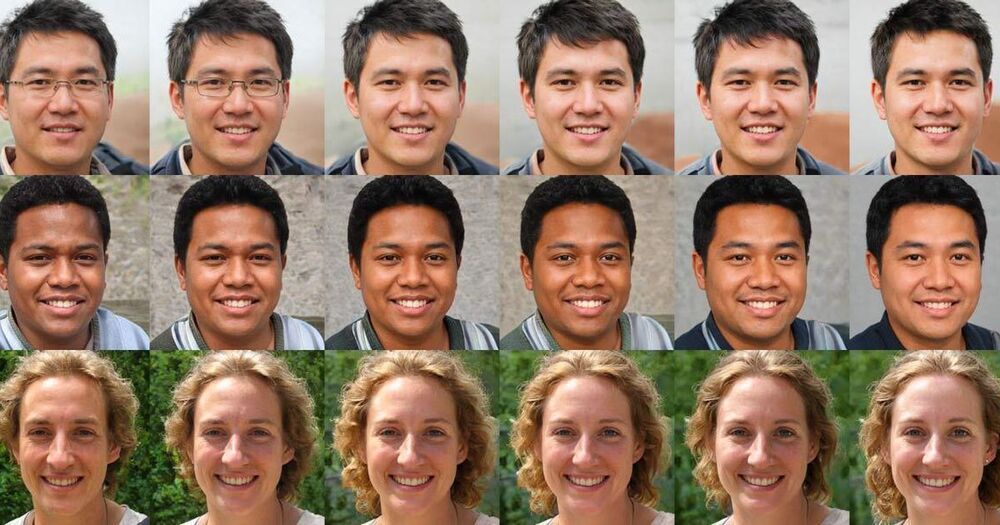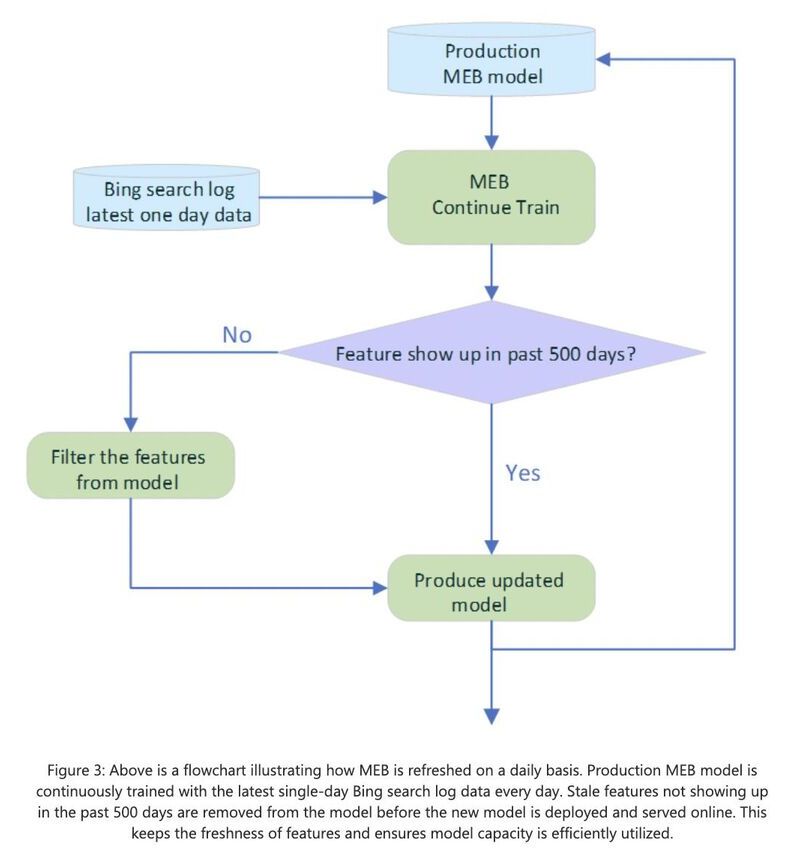As reported in a new article in Nature Reviews Physics, instead of waiting for fully mature quantum computers to emerge, Los Alamos National Laboratory and other leading institutions have developed hybrid classical/quantum algorithms to extract the most performance—and potentially quantum advantage—from today’s noisy, error-prone hardware. Known as variational quantum algorithms, they use the quantum boxes to manipulate quantum systems while shifting much of the work load to classical computers to let them do what they currently do best: solve optimization problems.
“Quantum computers have the promise to outperform classical computers for certain tasks, but on currently available quantum hardware they can’t run long algorithms. They have too much noise as they interact with environment, which corrupts the information being processed,” said Marco Cerezo, a physicist specializing in quantum computing, quantum machine learning, and quantum information at Los Alamos and a lead author of the paper. “With variational quantum algorithms, we get the best of both worlds. We can harness the power of quantum computers for tasks that classical computers can’t do easily, then use classical computers to compliment the computational power of quantum devices.”
Current noisy, intermediate scale quantum computers have between 50 and 100 qubits, lose their “quantumness” quickly, and lack error correction, which requires more qubits. Since the late 1990s, however, theoreticians have been developing algorithms designed to run on an idealized large, error-correcting, fault tolerant quantum computer.







